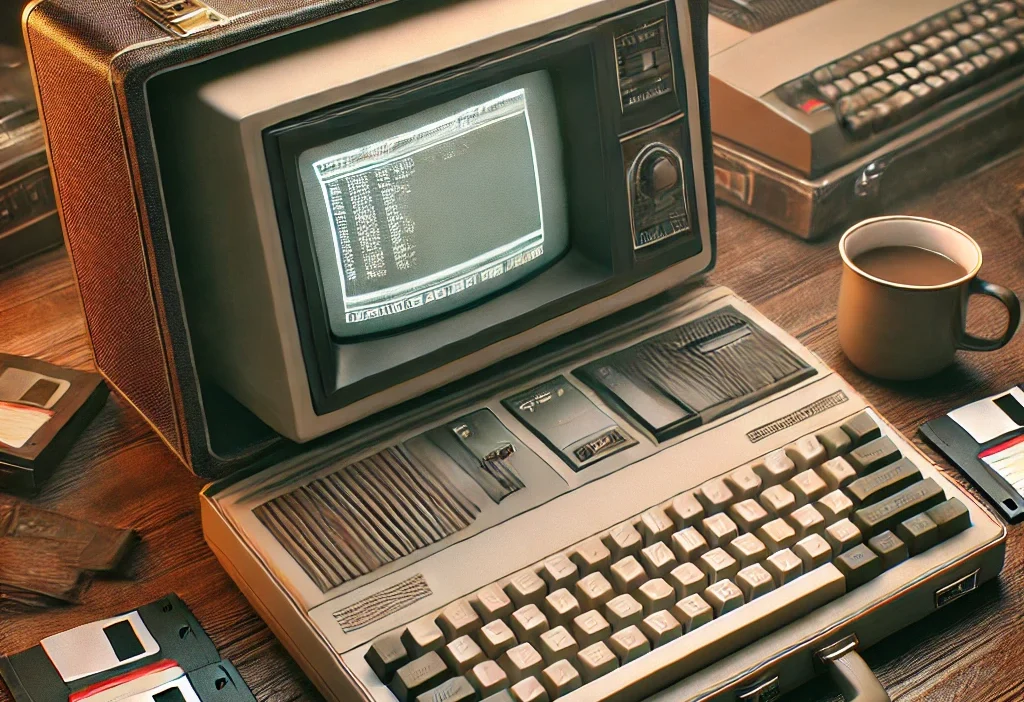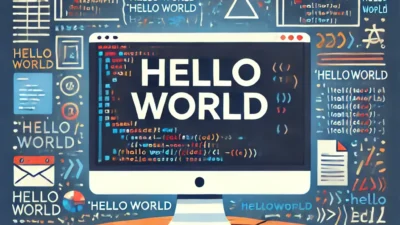When we think of the modern-day convenience of portable computers, it’s fascinating to trace back to the roots of this revolutionary technology. The journey of the first portable computer marks a significant milestone in the history of computing.
The Birth of Portable Computing
In the early 1980s, the world witnessed the emergence of the first portable computer: the Osborne 1. Developed by Adam Osborne, this groundbreaking device featured a compact design with a built-in screen and floppy disk drives. Although large by today’s standards, it set the foundation for portable computing by offering users mobility and flexibility.
Revolutionizing Work on the Go
The introduction of the Osborne 1 transformed the way people worked. For the first time, professionals could carry their computers wherever they went. This mobility provided unprecedented flexibility, allowing users to work outside traditional office spaces. As a result, productivity increased, and new possibilities for remote work emerged.
The Evolution Towards Modern Laptops
While the Osborne 1 weighed around 24 pounds, it was a revolutionary step toward portable technology. It demonstrated that computing power could be taken on the go, inspiring the development of lighter and more efficient devices. Over the years, innovations in design and hardware led to the creation of the sleek, high-performance laptops we use today.
A Lasting Legacy of Innovation
The legacy of the first portable computer lives on. The idea of portability has shaped modern technology, influencing the development of laptops, tablets, and smartphones. Today’s ultra-thin laptops and powerful mobile devices owe their existence to the pioneering efforts behind the Osborne 1.
As we marvel at today’s compact and high-speed devices, it’s essential to recognize the trailblazing role of the Osborne 1. This early innovation paved the way for the technology-driven, mobile world we live in today.
List of trusted sources
Here are some trusted sources on the first portable computer:
- Computer History Museum (computerhistory.org)
- IEEE Computer Society (computer.org)
- Smithsonian National Museum of American History (americanhistory.si.edu)
- MIT Technology Review (technologyreview.com)





